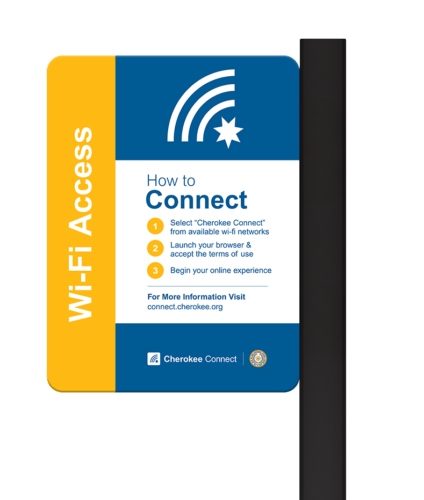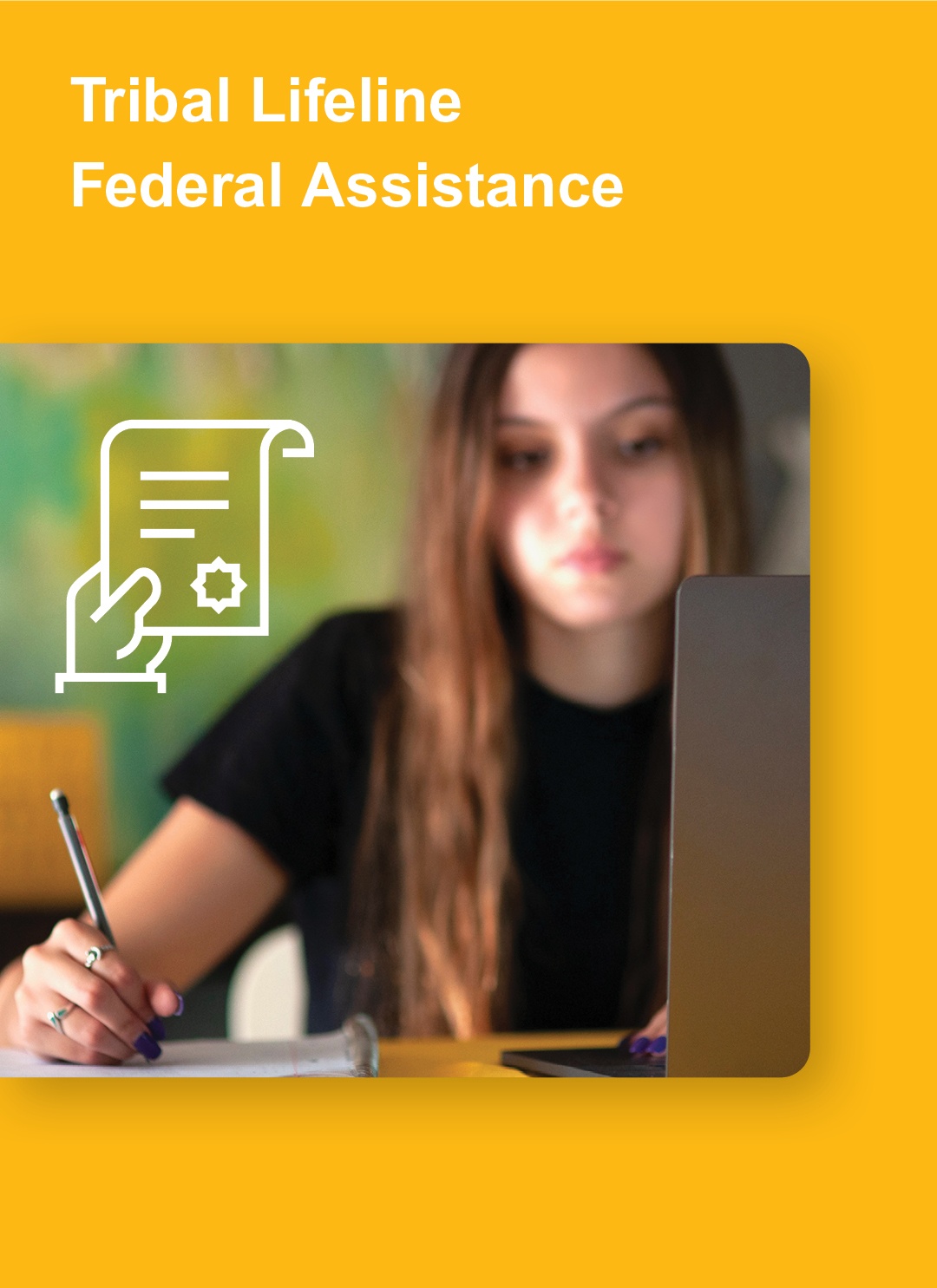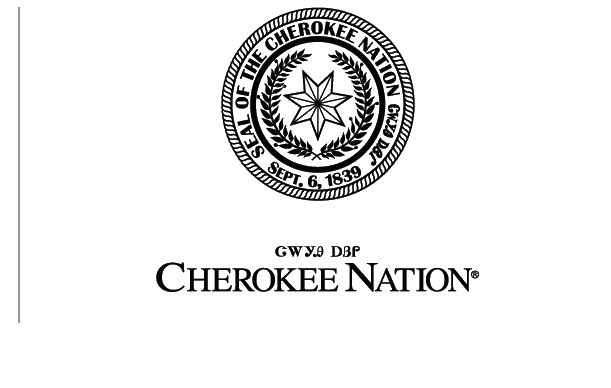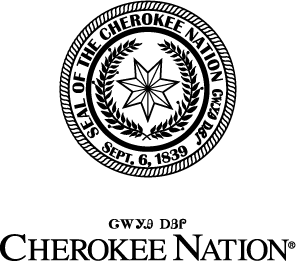Inter-Tribal Council supports legislation for $300M in tribal broadband improvements
Published: July 17th, 2020
TAHLEQUAH, Okla. – Leaders of the Inter-Tribal Council of the Five Civilized Tribes met for their quarterly meeting July 10, for the first time via videoconference as a precaution due to COVID-19.
Tribal leaders gave COVID-19 updates and unanimously passed a resolution to support legislation by U.S. Rep. Tom Cole (R-OK) and U.S. Rep. Deb Haaland (D-NM) that would provide a total of $300 million for tribal broadband improvements throughout Indian Country.
Cole and Haaland co-chair the Congressional Native American Caucus and recently introduced the COVID-19 Disaster in Indian Country Act, aimed at providing tribes with funding and access to deploy wireless networks across tribal lands.
Estimates show roughly 35 percent of households on tribal lands do not have quality access to broadband Internet service, compared to 8 percent of households on non-tribal lands. This disparity is even more evident as tribes attempt to digitally deliver services to their citizens amid the COVID-19 pandemic.
“The Five Tribes have been on the front lines of the COVID-19 pandemic from Day 1 providing essential services to their citizens including health care, food, housing, public safety, and education,” said Cherokee Nation Principal Chief Chuck Hoskin Jr., who serves as President of the Inter-Tribal Council of the Five Civilized Tribes. “Though social-distancing is one of the best ways to stop the spread of COVID-19, tribes must continue to offer critical services during a global pandemic without putting our citizens at risk. This is why the COVID-19 Disaster in Indian Country Act authored by Congressman Cole and Congresswoman Haaland is so vital to Indian Country. If the Act is passed, these funds would allow tribes to expand direct services to citizens through digital platforms, helping to minimize health risks to the most vulnerable among us.”
During the council meeting, leaders of the Five Tribes each addressed the steps that have been taken during the pandemic to keep services operating for tribal citizens, especially elders and youth, who are often the most vulnerable in times of crisis.
“Having technology has given us the tools we need to be able to connect and communicate anytime, but particularly right now when we can’t get together,” said Chickasaw Nation Gov. Bill Anoatubby. “While our offices and businesses were closed as a result of COVID-19, the core programs and services that the tribe offers continued to operate during this shelter-at-home period. We modified our delivery of services, such as drive-through and using virtual platforms. We have been able to provide services safely and effectively.”
Muscogee (Creek) Nation Principal Chief David Hill said there is “no play book” on how to respond during a global pandemic such as COVID-19, but tribal services have adapted to meet the needs of citizens, from nutrition and food distribution to health care and other necessities.
“We have had challenges but continue to provide effective and efficient services to the citizens while abiding by CDC guidelines and practicing social-distancing,” said Chief Hill. “We were able to still pay employees in gaming and at our tribal headquarters. I also cannot say enough about our health department and their hard work through this pandemic. They were serving on the frontline, working day and night to assist citizens who utilize our clinics and hospitals.”
Seminole Nation Chief Greg Chilcoat said the tribe declared a state of emergency in response to COVID-19 on March 20, then focused on keeping essential services up and running, such as health care, elder services, transportation and social services.
“This pandemic has created a very difficult situation for all of us. It has created challenges we are definitely not used to, and it’s changed the way we’ve operated,” said Chief Chilcoat. “But I applaud those who continued to work to keep our programs intact during this time of concern. I applaud them for their services to their people and the Seminole Nation of Oklahoma. Now we will begin to look at how we can be efficient and effective with our CARES Act funding, focusing on prevention, preparedness and response as we move forward.”
Choctaw Nation of Oklahoma Chief Gary Batton said the tribe is leaning on virtual technology and other innovative solutions to keep providing services for tribal citizens during these unprecedented times.
“This pandemic has really caused us to think outside the box and be more creative,” said Chief Batton. “During this pandemic, our services to tribal members never stopped, and we continued paying employees throughout this time. Now, as we received CARES Act funding, we are going to continue doing positive things for our tribal members.”
Chief Hoskin reiterated that no Cherokee Nation or Cherokee Nation Businesses employee went without a paycheck when the tribe temporarily suspended gaming operations and asked most government employees to either work at home or go on paid administrative leave to prevent the spread of the virus.
“Like other tribes, we adapted to the situation and found unique ways to meet the needs of our most vulnerable citizens, all while doing everything within our power to keep employees and citizens safe,” Chief Hoskins said. “Despite all of our challenges, I have said from the very beginning that we will all get through this together. I believe that is true in the Cherokee Nation, and I believe that is true here among the Five Tribes and across Indian Country.”
During the meeting, the Council also unanimously reaffirmed its 2013 resolution that opposed the use of a derogatory team name by Washington, D.C.’s NFL franchise and urged the team to rebrand.
The Washington NFL franchise has since announced that it is officially retiring its team name and logo.
The council also approved a resolution urging citizens of the Five Tribes to vote in upcoming 2020 elections. The resolution states voting “is a powerful tool through which tribal citizens can strengthen the rights of their respective tribal nations and create respect for tribal sovereignty at the local, state and federal levels.”
Guest speakers included Speaker of the Oklahoma House of Representatives Charles McCall; Tyler Fish, White House Council on Native American Affairs; and Rear Adm. Michael Weahkee, Director of Indian Health Service.
The Inter-Tribal Council of the Five Civilized Tribes is an organization comprised of the Cherokee, Chickasaw, Choctaw, Muscogee (Creek), and Seminole Nations representing 790,000 tribal citizens throughout the United States.
Open article at Anadisgoi.com








